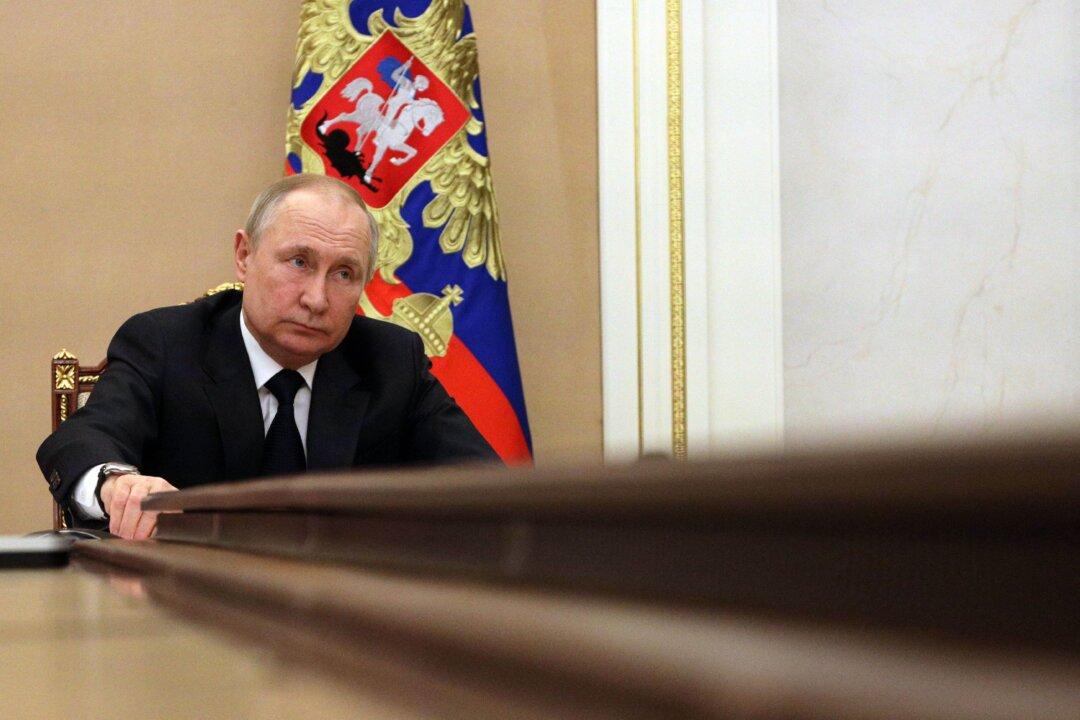Russian President Vladimir Putin signed a bill Thursday to allow Moscow to pull out of a longstanding nuclear testing ban treaty amid heightened tensions in Ukraine and the Middle East.
State-run media reported that the Russian leader signed the measure into law after it was passed by Russia’s Parliament, or Duma, last month. The Comprehensive Nuclear-Test-Ban Treaty (CTBT) was initiated in 1996 and Russia ultimately signed it, although the nuclear-armed countries of United States, India, Pakistan, and China, among others, did not ratify it.





